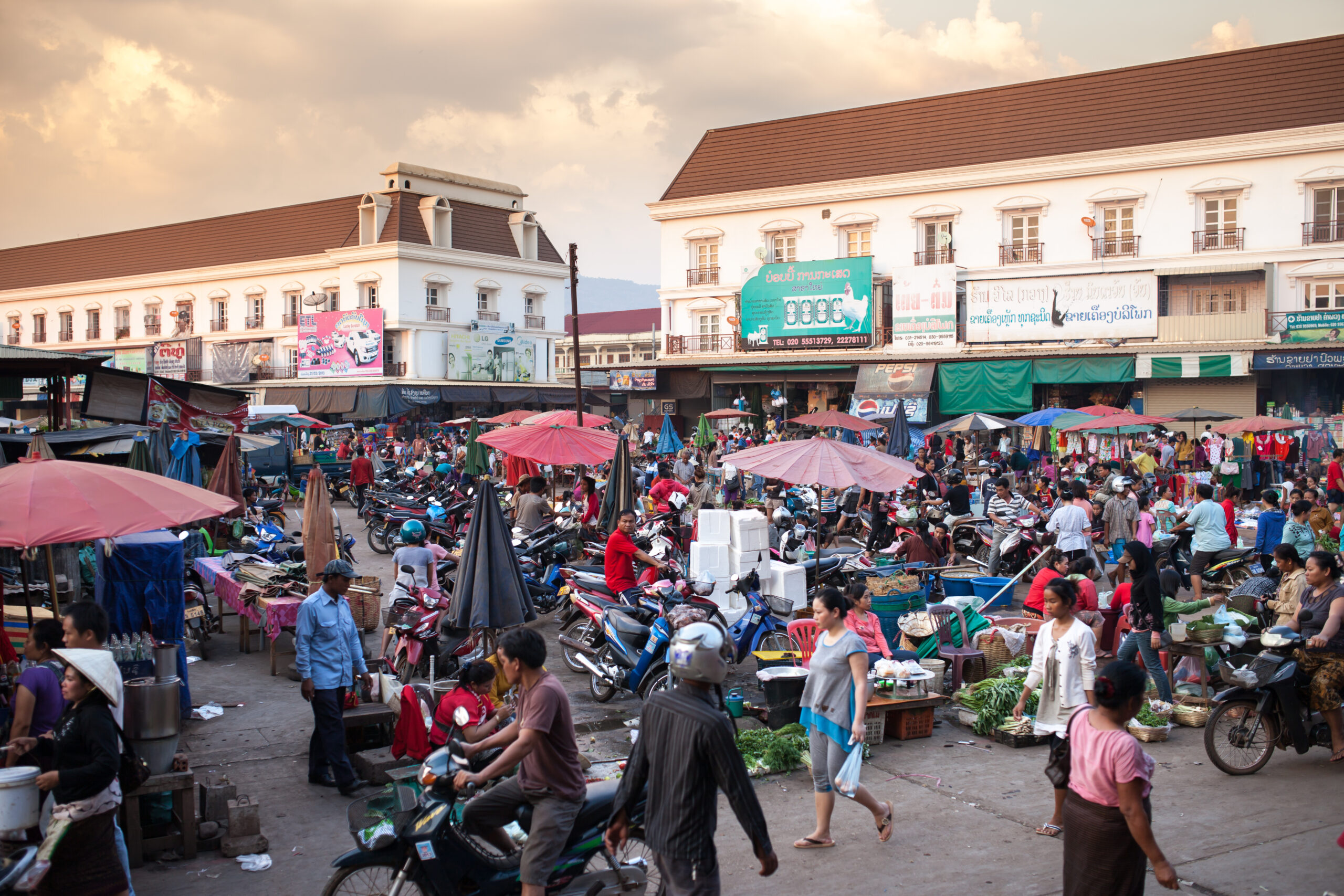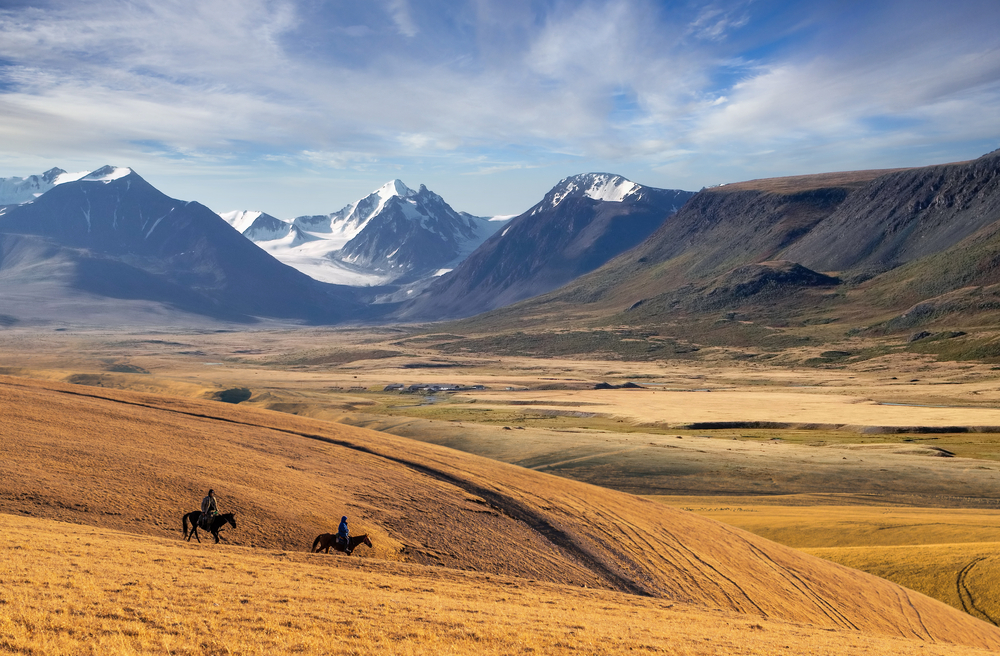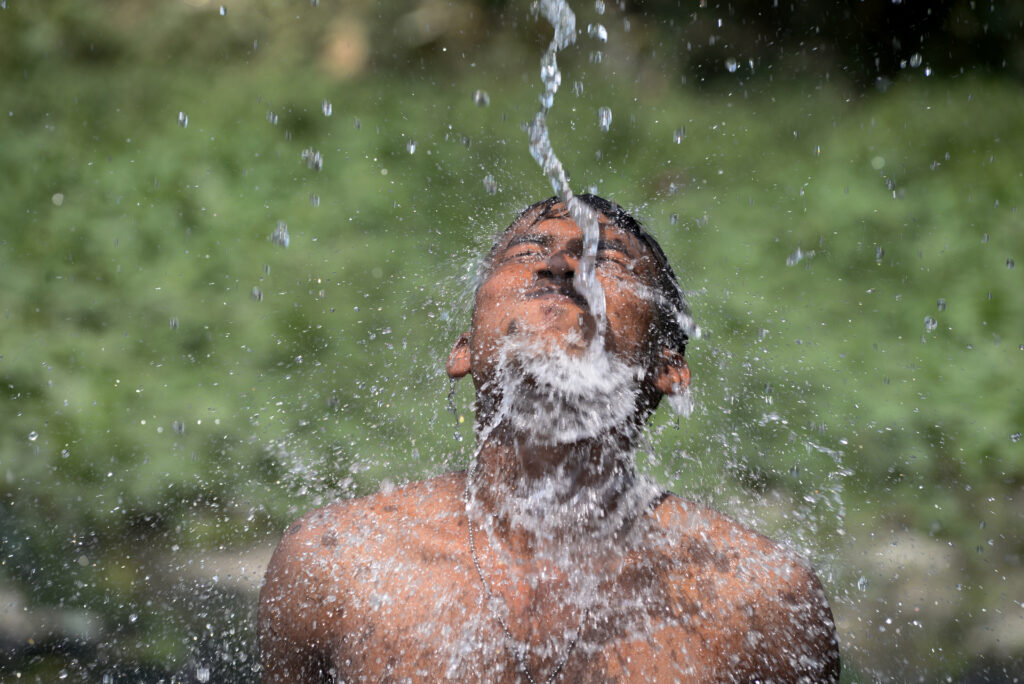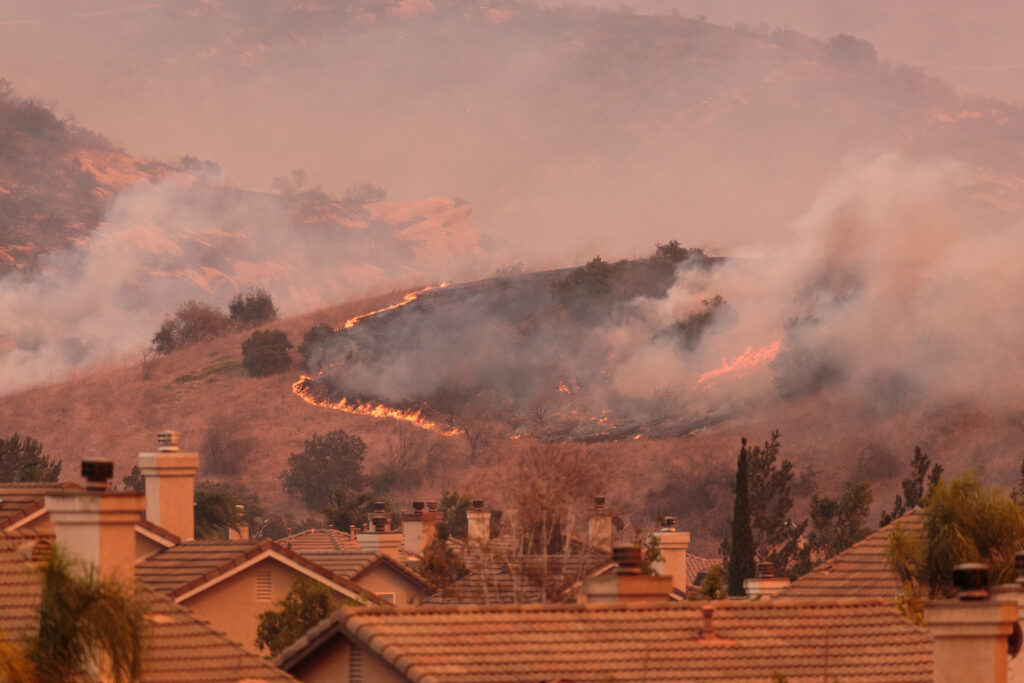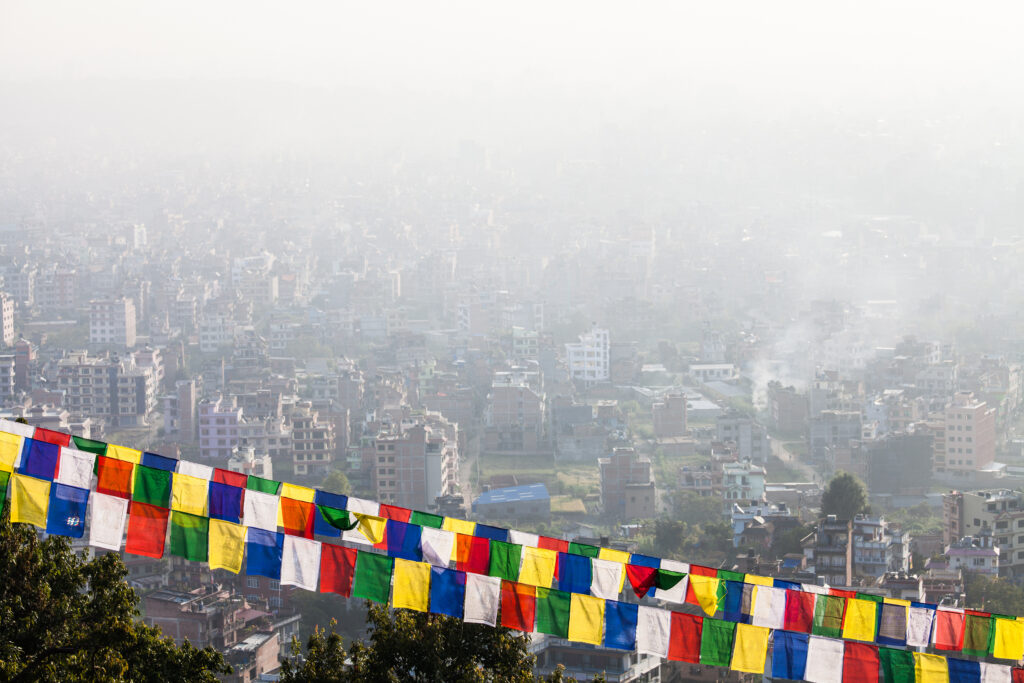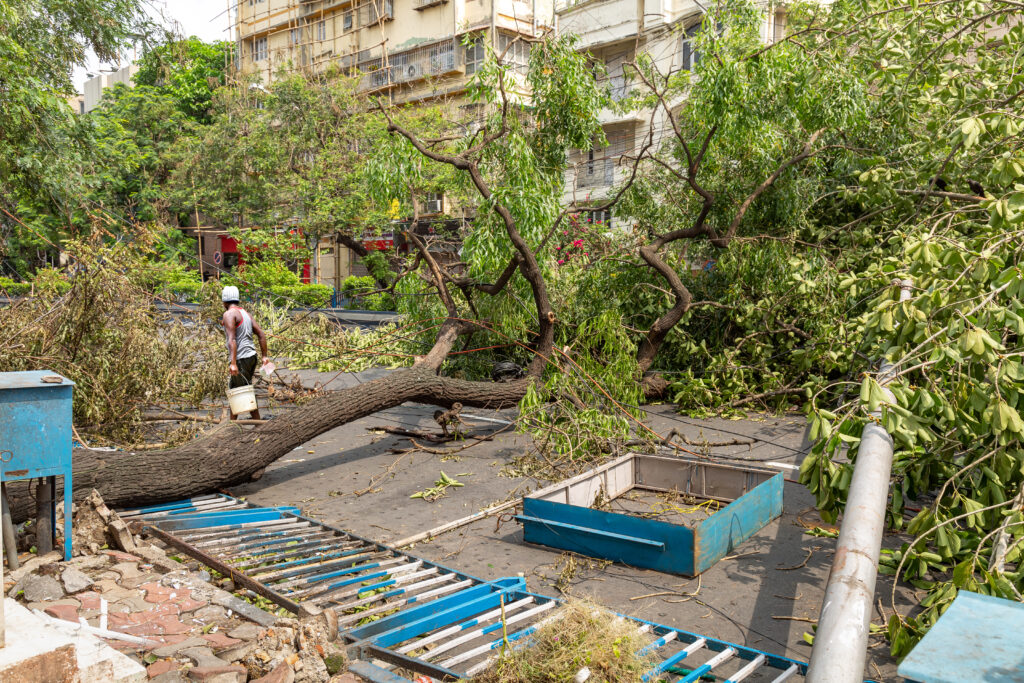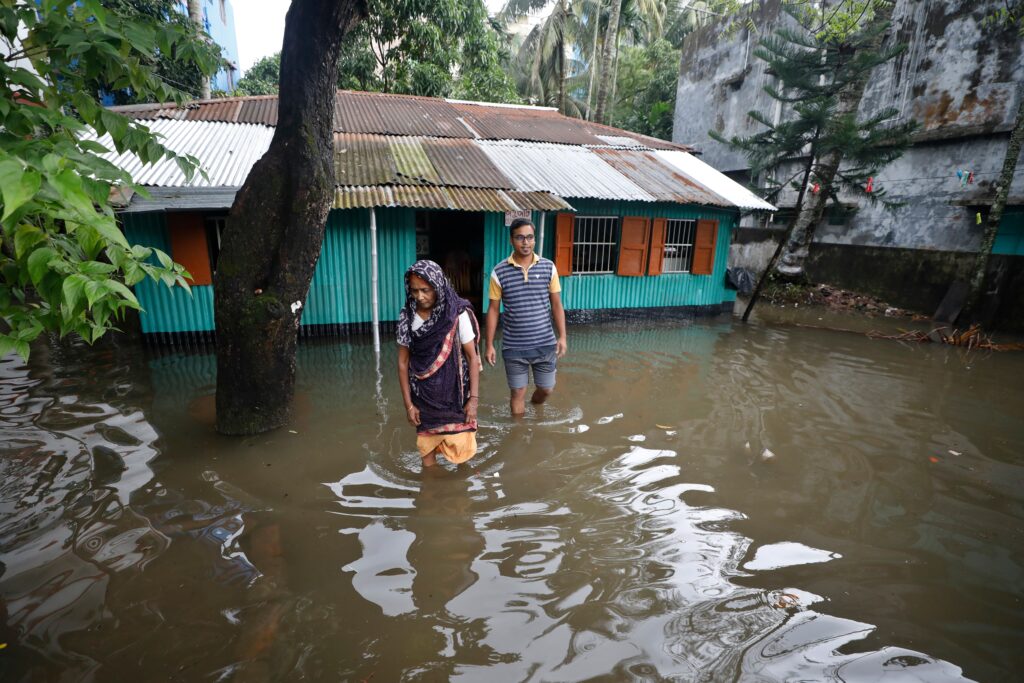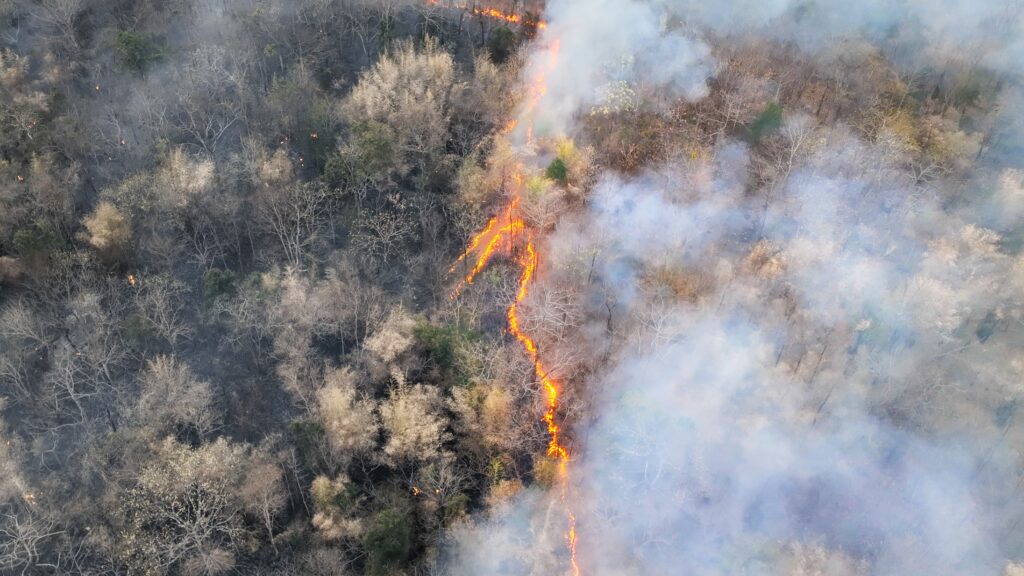Laos, along with Bangladesh, India and Thailand, suffered a record-breaking heatwave throughout April. Now, scientists have confirmed that human-caused climate change made the Laos heat wave at least 30 times more likely. As global warming increases and the climate crisis intensifies, unprecedented heat events are becoming more common.
Heatwave Strikes Laos, South and Southeast Asia in 2023
For Laos, a predominantly mountainous country, the scorching heat and temperature rise were particularly unusual. Vientiane, the capital of Laos, witnessed its hottest day ever, with temperatures reaching 41.4 degrees Celsius on April 15. In the Sainyabuli province, the hottest temperatures soared to 42.9°C on April 20, marking an all-time national record. Meanwhile, the province of Luang Prabang reported 42.7°C on April 18.
In the past, a humid heat wave in Laos of such magnitude would happen once every 200 years. In fact, in a 1.2°C cooler climate, the Laos heat wave would have never occurred, according to a new study by World Weather Attribution (WWA).
Farmers At Risk Due to Record Heat Wave in Laos
Heat is more dangerous in humid conditions. The WWA’s heat index takes both temperature and humidity into account, also known as the “wet-bulb temperature”. At a high level, this combination can hamper the body’s ability to cool itself.
Due to the accompanying humidity stress, the record-breaking, dangerously high temperatures in Laos exceeded the threshold considered as dangerous (41°C) by the WWA.
Thousands of people die from heat-related causes each year, and many suffer severe health and livelihood consequences.
Those who are more exposed to heat and maximum temperature due to their occupation, such as farmers, are at the highest risk of such health impacts. A 2021 study found that outdoor workers were two to three times more at risk of dehydration compared to indoor workers. As a result, outdoor workers have a higher chance of reduced kidney function.
Heat stress also has negative impacts on livestock, which can – in turn – hurt farmers’ income.
Extreme Heat Threatens Agricultural Output
In Laos, the agriculture and food sector accounts for over half of GDP and employs over 70% of the population. Almost 60% of farmers engage solely in subsistence agriculture – the growing of crops to meet the needs of themselves and their families. The Laos heatwave has put serious strain on its most important sector.
As one local farmer described: “We are attempting to put in the rest of our cassava. The weather, however, has been hovering around 35-40°C during the day. We would prefer not to be working in such heat, but we have no choice with the dearth of rain we’ve gotten so far this year and the lingering hot weather.”
Lower crop yields and nutritional quality due to unfavourable weather are already affecting the population. According to a report, nearly 71,000 people in Laos are “severely acute food insecure”, and 1.04 million are “moderately acute food insecure”. Moreover, about 22% of the urban population in Laos lives in slums, where heat-related health risks are exacerbated.
“This is another disaster that highlights the need to reduce vulnerability and think deeper about the limits to adaptation,” Emmanuel Raju, director of Copenhagen Centre for Disaster Research at the University of Copenhagen, said.
“As it often happens, marginalised people are the worst affected. Many of them are still recovering from the pandemic, and from past heatwaves and cyclones, which leaves them trapped in a vicious cycle.”
Lack Of Action Plans for Extremely Dangerous Heat Waves
Heat action plans can help reduce the negative impacts of heatwaves. However, despite the recurring heatwaves, Laos does not have a heat action plan in place.
Given the severity of the heatwaves experienced in this region, the lack of preparedness is likely to worsen the effects on vulnerable communities, with the recent Laos heatwave illustrating the challenges well.
“We see again and again that climate change dramatically increases the frequency and intensity of heatwaves, one of the deadliest weather events there are,” Dr. Friederike Otto, senior climate science lecturer at the Grantham Institute for Climate Change and the Environment, said.
“Still, heat action plans are only being introduced very slowly across the globe,” he said. “They need to be an absolute priority adaptation action everywhere, but in particular in places where high humidity enhances the impacts of heatwaves.”
Heba Hashem
Journalist, Dubai
Heba is an Arabic and English-speaking freelance journalist based between the United Arab Emirates and Canada. She covers stories about business, renewable energy, climate change, finance, technology, real estate, food production, lifestyle and arts and culture.
Heba is an Arabic and English-speaking freelance journalist based between the United Arab Emirates and Canada. She covers stories about business, renewable energy, climate change, finance, technology, real estate, food production, lifestyle and arts and culture.

